When refurbishing your kitchen, countertops are often the difference between a stunning and boring final result. From expensive natural stones to affordable plastics, there’s a plethora of countertop options to choose from. Picking a countertop that’s durable, aesthetically pleasing, and budget-friendly can be a daunting task. To help sort your options out, here’s everything you need to know about choosing the right kitchen countertop.
Granite
Granite is one of the most popular natural countertop materials, and for good reason. Granite is a tough, heat-resistant, and scratch proof material that requires minimal maintenance, making it perfect for kitchen use. With a luxurious look and durability that lasts a lifetime, you can never go wrong with a granite countertop.
Granite comes in a wide range of colors. While a mottled white look creates a classic feel, you can also choose from vibrant blues, deep reds, beautiful browns, and shimmering midnight blacks. Whatever color scheme you need, finding a perfect shade of granite is a breeze.
Pros:
Heat Resistant, Extremely Durable, Variety of Looks, Maintenance Free when Sealed
Cons:
Expensive, Requires Professional Installation, Requires Sealing to Avoid Stains
Pro Tip:
If you’re interested in granite but aren’t keen on a glossy look, granite slabs in matte finish or a leather granite surface may be your go-to options. These lend a rustic, casual look to your kitchen.
Soapstone
Most commonly dark gray in color, soapstone is a material with a silky smooth surface. Compared to granite, soapstone comes in a smaller variety of colors, but it’s perfect to give your sinks and countertops a homogenous texture and hue. Architectural soapstone, used for countertops, is quite hard and resistant to stains. However, it isn’t scratch resistant, and can darken over time.
If you’re keen on adding an antique appeal to your kitchen, soapstone is the way to go. To augment the classic elegance, style your table and chairs with custom table covers and chair covers in classic hues and motifs.
Pros:
Deep Rich Color, Somewhat Stain-resistant, Impervious to Heat
Cons:
Darkens over Time, Surface May Scratch or Dent
Marble

From modern to monochromatic, marble works with hundreds of different design styles. This beautiful gleaming material with its unique veining is always a surefire hit.
However, due to its high price and vulnerability to scratches, marble is rarely the primary material for a countertop. However, that doesn’t mean marble lacks durability in all areas. A marble countertop is perfect for the avid home baker, because of its high resistance to heat. So if you’re looking for a visual splash on your island, or trying to create a perfect baking space, a section of marble countertop may be the way to go.
Pros:
Waterproof and Heatproof, Exceptional Aesthetics
Cons:
Expensive, Easily Scratched and Stained; Repairs are Difficult
Solid Surfaces
A modern alternative to the natural stones, solid surface countertops are pressed sheets of dense acrylic, polyester, and resin. Unlike natural stones, solid countertops are uniform slabs with no imperfections. This creates seamless, non-porous sections of countertop, perfect for oversized islands and a contemporary appeal.
The greatest benefit to solid countertops is low maintenance. Solid surface counters aren’t heat or scratch resistant, but are easily repaired with DIY methods. Solid surface counters also offer a wide variety of color and pattern choices. If you want a uniform, homogenous look, choose a hue that matches the color of your sinks, to create a single, solid color scheme for your counter space.
Pros:
Stain-Resistant, Nearly Invisible Seams, Available in A Variety of Colors and Patterns
Cons:
Moderately Expensive, Vulnerable to Heat
Quartz
Looking for a great alternative to granite and marble? You can never go wrong with quartz. Quartz countertops add sophisticated elegance and plush appeal to your kitchen. Unlike natural stones such as granite, you can find a wide variety of colors and patterns. Feel free to choose any color scheme you want to bring your cabinet, backsplash, and flooring into one look.
With its high durability, quartz also increases your kitchen’s longevity. If you’re looking for a material that won’t crack, scratch, or get chipped easily, quartz is the way to go.
Pros:
DIY Installation, Easy to Maintain, No Sealing Required, Uniform
Cons:
Expensive, Heavy
Ceramic Tile

Tiles are durable, easy to clean, and considerably less expensive than natural stone, quartz, or even solid-surface countertops. From ceramic to porcelain, tiles come in an array of options to revamp your kitchen however you wish. Immune to heat damage, ceramic tiles are affordable, stylish, and easy for DIY refurbishments.
Pros:
Easy to Clean, Heat-Resistant, Available in A Range of Styles
Cons:
May Crack Under Impact, Have Grout Lines
Concrete
Concrete countertops, designed to resemble natural stone, are a popular choice for custom counters. Contemporary concrete countertops aren’t messy slabs poured on your cabinets, but clean modern designs that come in a variety of hues to match the aesthetics of your kitchen. Still, concrete slabs are perfect for adding a touch of industrial appeal to your kitchen, and are great options for outdoor kitchen spaces.
Pros:
Heat and Scratch-Resistant, Variety of Custom Textures and Colors
Cons:
Require Professional Installation, Sealing to Prevent Cracks
Laminates
Laminate countertops are made by bonding sheets of laminate, or plastic-coated synthetic materials, to a particleboard core. This creates a smooth, inexpensive surface that’s easy to clean.
In addition to their affordability, laminates come in thousands of colors, patterns, and styles, making them a popular choice for DIY installations. However, laminates come with a catch. Because laminates scratch and chip easily, laminate counters demand delicate treatment. If you’re not careful with your countertop, installing laminates will lead to a maintenance headache.
Pros:
Easy to Maintain, Easy DIY Install, Inexpensive
Cons:
Visible Seams, Surfaces May Scratch and Chip
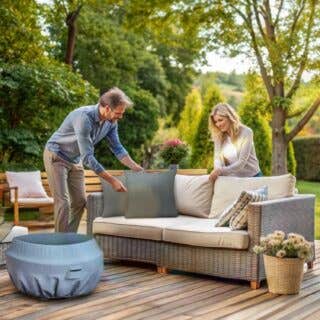

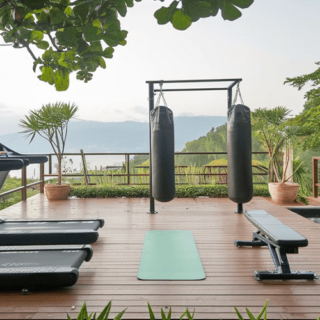
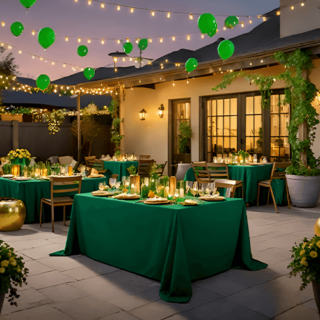


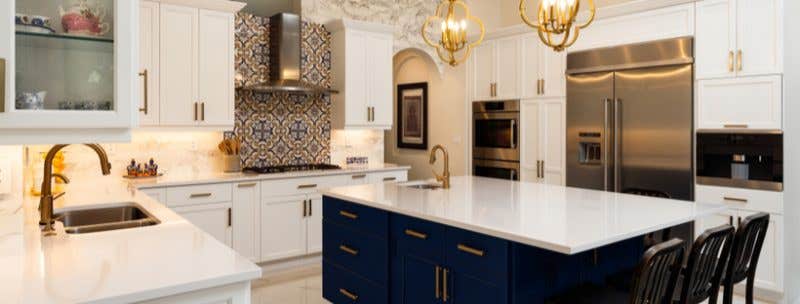
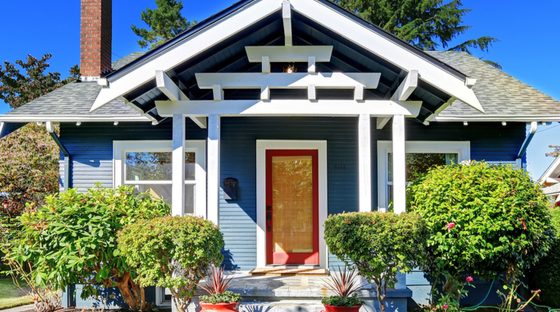
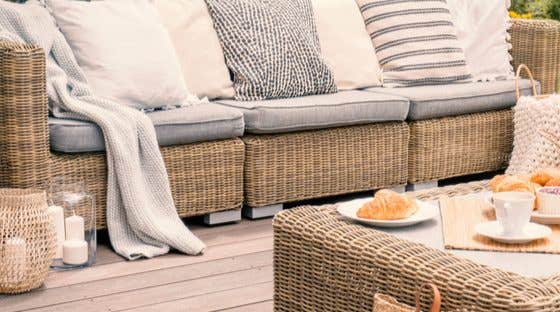
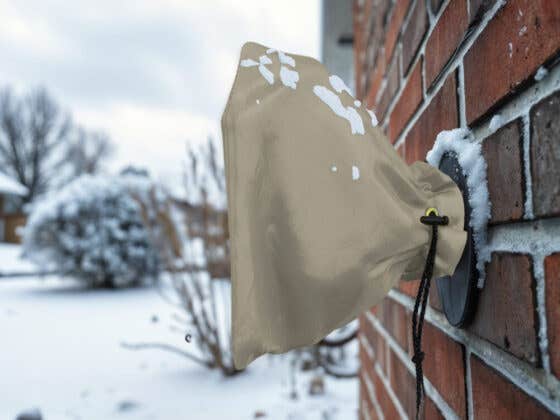
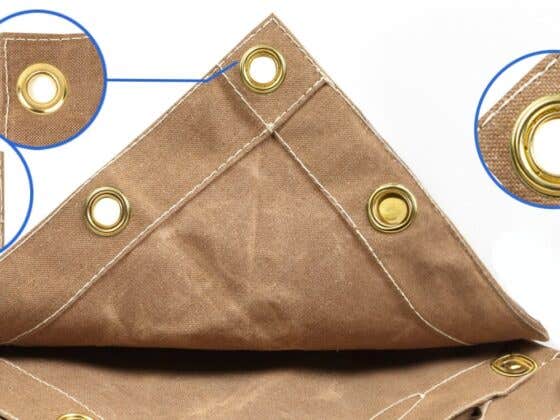
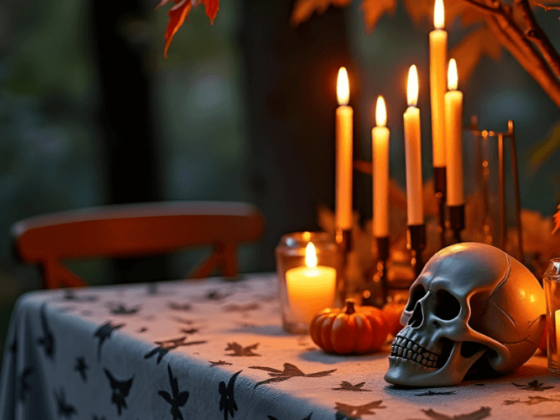
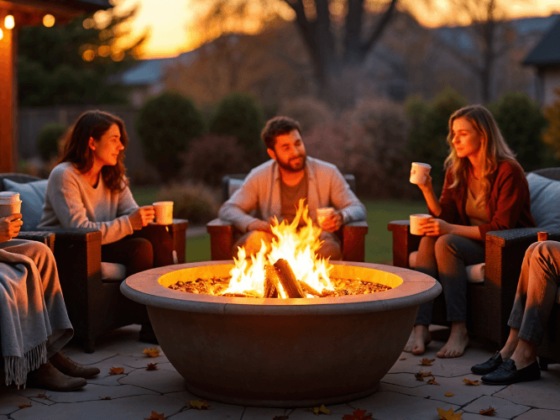
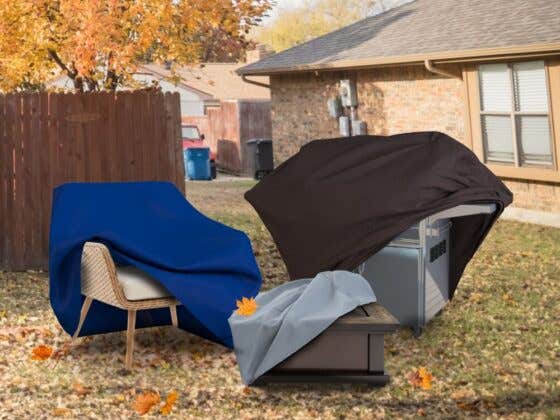
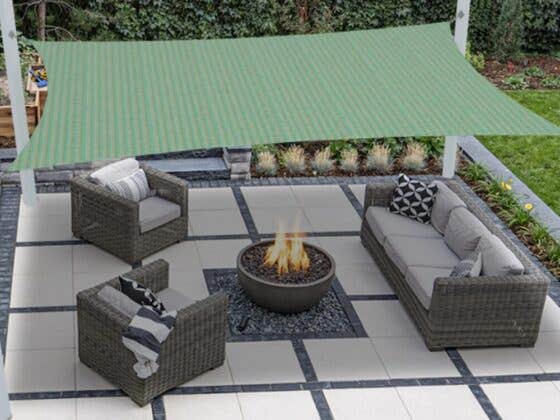
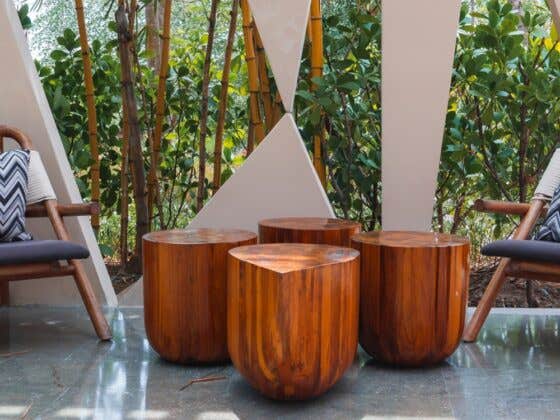
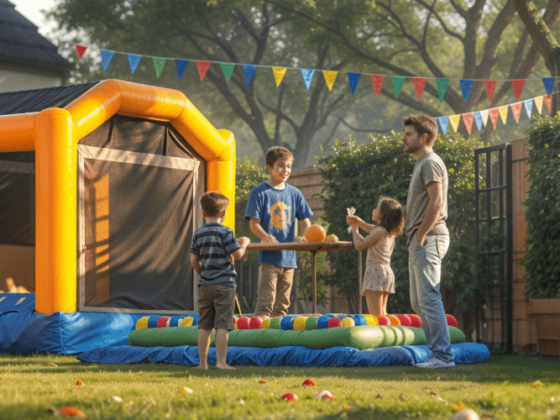
Recent Comments